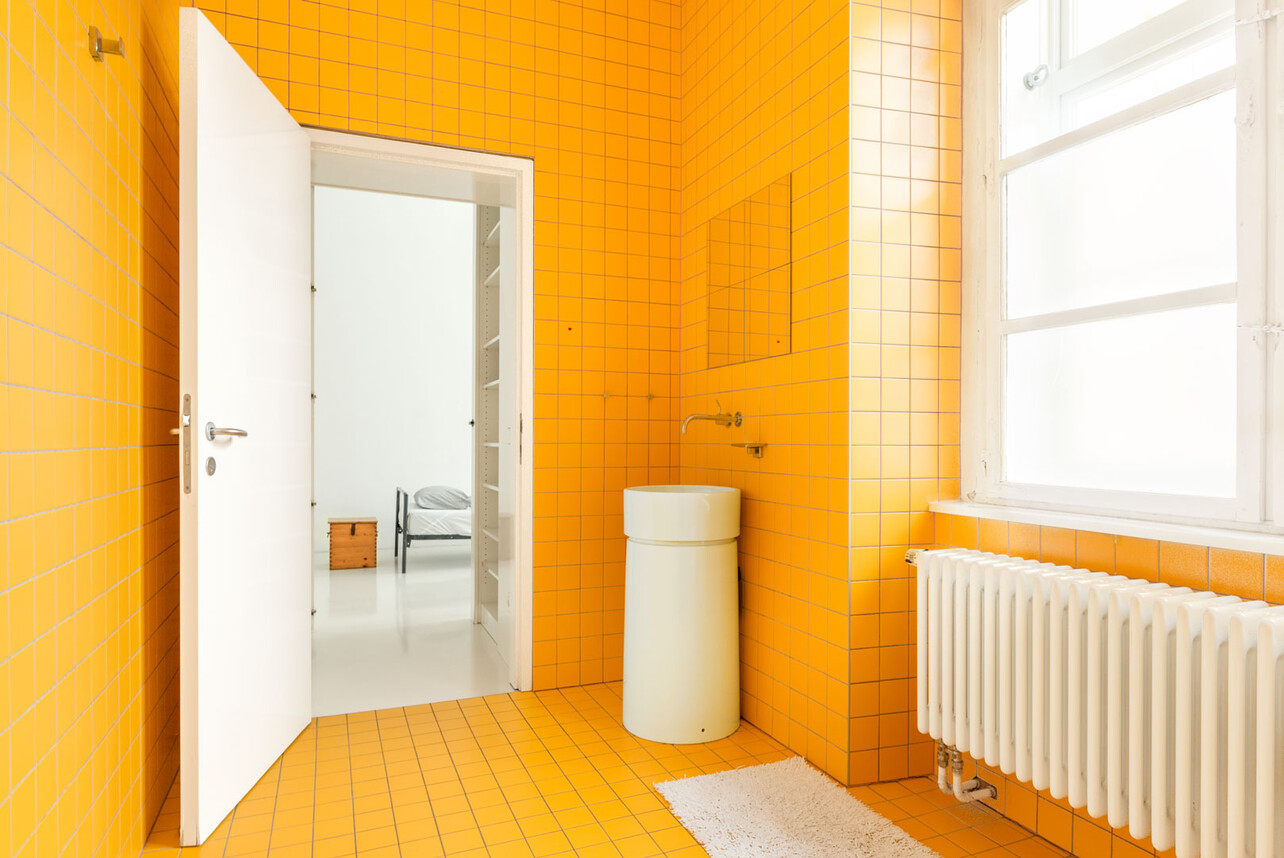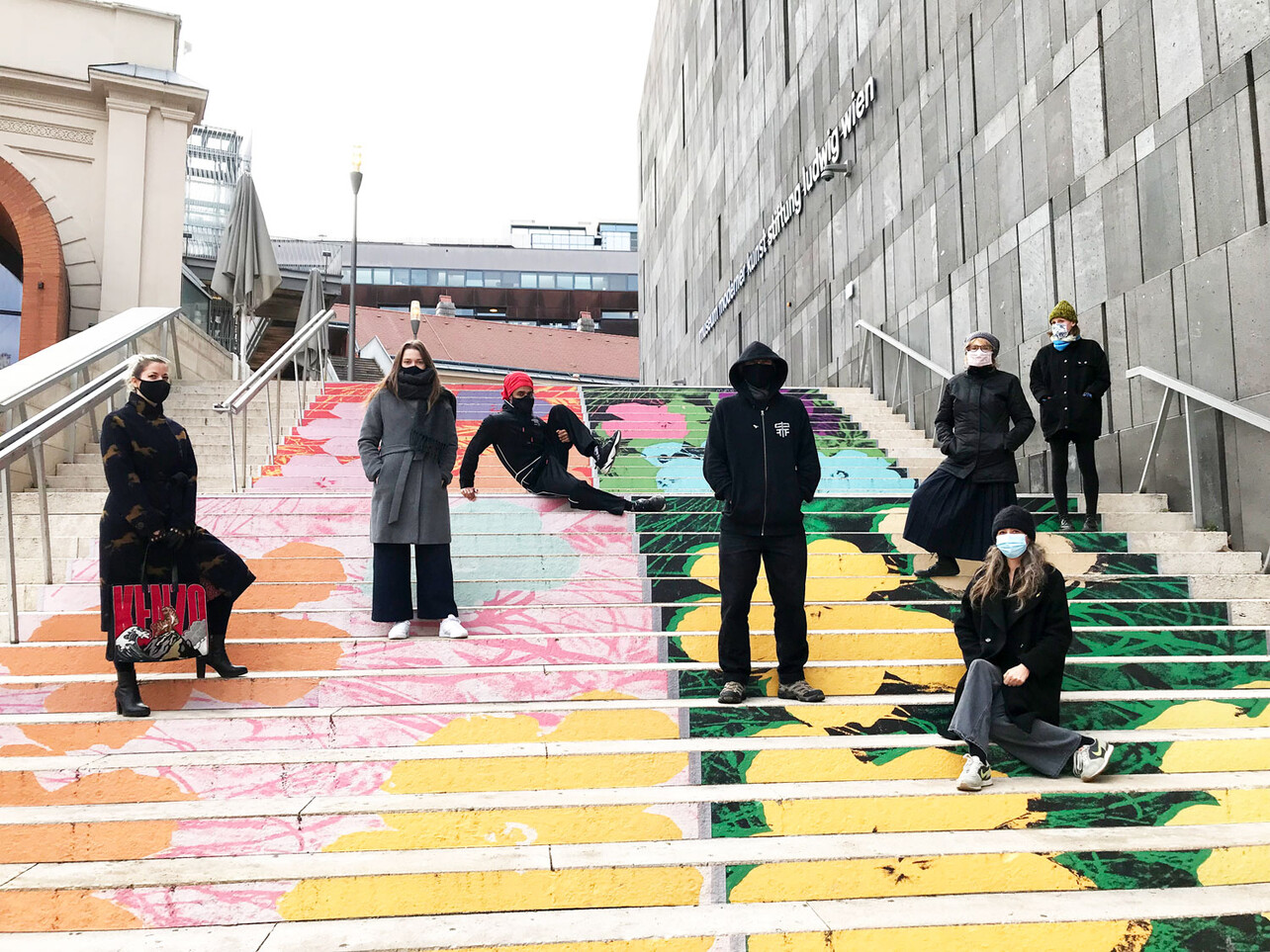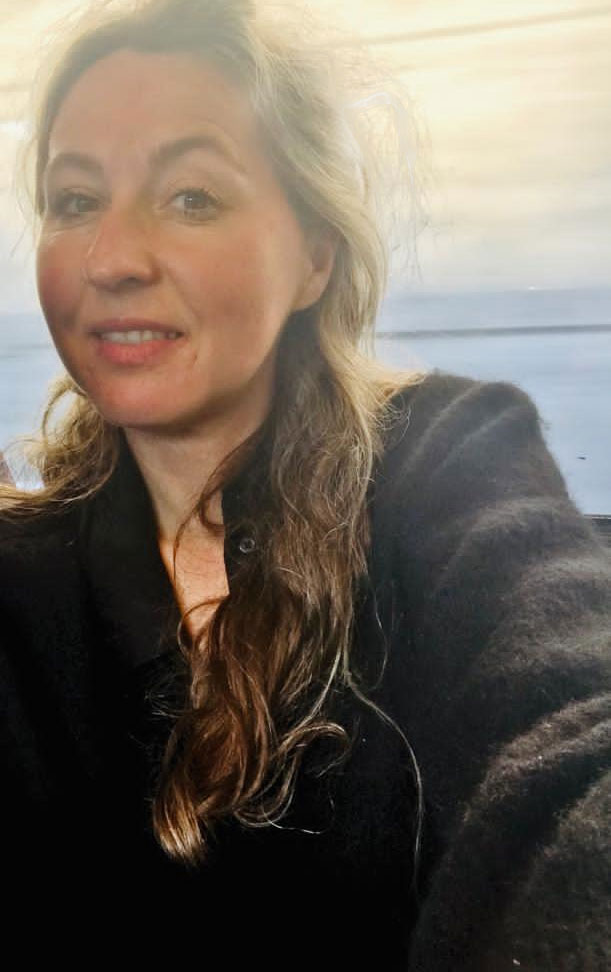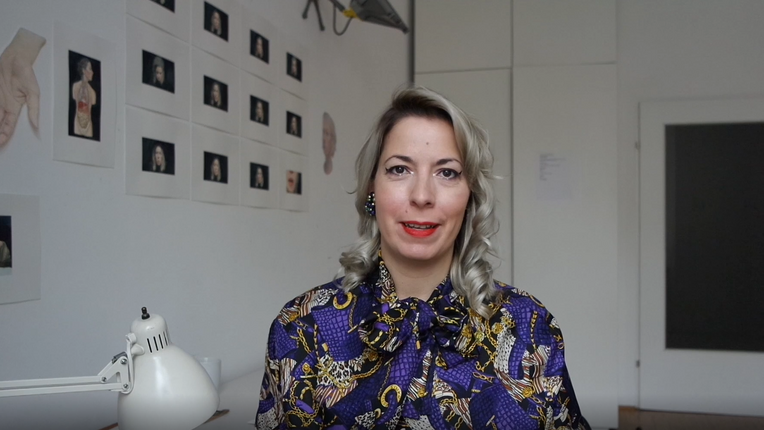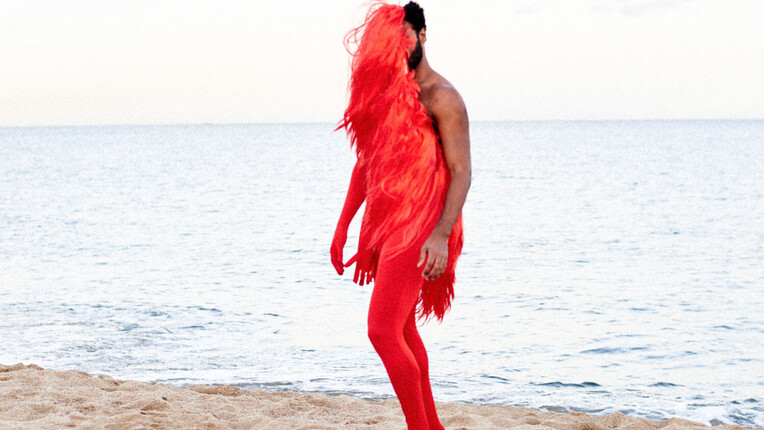
VIENNA ART WEEK: Interview with Elisabeth Hajek
Interview with Elisabeth Hajek, Artistic Director of the Q21 Artist-in-Residence program
Due to the Covid-19 pandemic and the light lockdown in Austria, unfortunately we had to cancel our planned Q21 Studio Visits during VIENNA ART WEEK, but we are happy to present an online version with interviews by art historian Lucas Cuturi and our Q21 Artists-in-Residence living and working in the MuseumsQuartier Wien in November. In order to better understand the Q21 studio program, Lucas Cuturi also talked via Skype to Elisabeth Hajek, Artistic Director of the Q21 Artist-in-Residence program.
How long has the Q21’s Artist-in-Residence program in the MuseumsQuartier Wien been in existence … who is it aimed at?
Our international exchange program kicked off in 2002 and was a key factor in establishing Q21 as a “creative space” within in the MQ. Just a little advice at this point for you and anyone who would like to know more about the Q21. As part of the VIENNA ART WEEK program this year we are offering a virtual art education tour to gain more insight into this creative space…my colleague Ann Cathrin Frank will introduce some of the Q21’s fifty cultural initiatives, organizations, editorial offices and agencies working in the cultural sector like for example monochrom, Vienna Shorts, Liquid Frontiers and so on - so don’t miss this out Lucas..
... now back to your questions ... who is it aimed at? Our residency program invites artists, curators, writers, theoreticians, filmmakers and researchers from all over the world who do not normally reside in Austria. They work in a variety of fields such as visual art, media art, literature, game culture, street art, film, fashion, sound art, photography comic art and so on. Our residency program is thus open to disciplines that usually are under-represented in the worldwide range of studio programs. This diversity of genres mainly reflects the work and the mission of the cultural initiatives based in the Q21 and they are also the ones who can recommend artists for the residency.
How many studio places do you make available each month ... how are these allocated and what support do the international guest artists receive from Q21?
Q21 makes nine studio places available each month…artists are invited to live and to work in Vienna for a maximum of three months. They receive a monthly scholarship grant of €1,050 plus a living and working space, a studio, on the campus of the MQ for free.
The selection and the support service for the artists are coordinated by me and my colleague Esther Brandl on one hand, in cooperation with the Q21’s recommending cultural institutions, and on the other hand in cooperation with our main partner, the tranzit.org / ERSTE Foundation and furthermore with our partner the Austrian Foreign Ministry.
How many artists have attended your scholarship program so far?
Since our studio program started, around 980 international artists have already been Q21 residents so far.
Do you provide any exhibition spaces for the Q21 Artists-in-Residence?
Some of our Q21 guest artists exhibit their work in one of the Q21 showrooms, others present their work in one of the micro museums, the cultural theme passages at the MQ. Some other Artists-in-Residence are also invited by international curators to take part in group exhibitions and to show their works within the exhibition series “frei_raum Q21 exhibition space”, which focuses on socio-political issues and social criticism.
So what’s the next exhibition project in the frei_raum Q21 exhibition space you have recently been working on?
Our next group exhibition is titled “Space of Urgency” and is curated by Bogomir Doringer, an artist and curator from Serbia who lives in Amsterdam and with whom I have already worked together several times, like for example for the exhibitions "FACELESS" and "Dance of Urgency". “Space of Urgency” is very much connected to the project “Dance of Urgency”, which is understood as a movement that comes from emotions of individuals and groups in times of crisis, whether personal or collective. On one hand “Space of Urgency” is about a space that is created in times of urgency as necessity for protection, unity, empowerment or self-organization but on the other hand it is also about spaces that disappear in times of crisis and emergencies, right-wing governments, gentrifications, climate change and pandemics. We are very much looking in the direction and history of self-organization and Freiraum (free space) as we know it in German language and culture, that is, the squatting culture in history but also very much open to interpretation of present times, when every space is in in a state of crisis and urgency.
Really important contemporary issues you are dealing with, much looking forward to it.. are any of your current Artists-in-Residence taking part in the project "Space of Urgency"?
Three of our current Artists-in-Residence, Luiz Felipe Lucas, a performance artist, Omsk Social Club, an art collective for installations and Live Role Playing, and Mark Angelo Harrison, a visual artist, will take part in the exhibition, which will be opened at the end of April 2021.
How important are international scholarship programs for artists and cultural creatives?
They are crucial. In our globalized world, we do not just trade goods and services, we also bring creative people together. Artist-in-Residence programs have become an essential part, an effective support instrument in today’s art world.
The importance of this direct art and cultural exchange for artists became particularly clear to me during the first Corona lockdown in spring this year – as our Artist-in-Residence program had to be closed for three months for the very first time in its history. As a result, the real in-person experience of living and working here, the conversations, the direct networking opportunities with the local Viennese art and cultural scene were no longer possible for our international guest artists – their artistic work unfortunately could no longer have an impact on the city.
Can an online cultural exchange, especially like now during the worldwide pandemic,replace the personal experiences during a studio stay in a foreign country?
No, from my experience, digital, virtual meetings, cannot replace the experiences, the personal encounters, the impressions and the artistic debates that international artists acquire during their temporary studio stay in a new social and cultural context – our art world lives from the constant international exchange of art and culture. This can contribute to an important critical socio-political discourse, as can be seen very clearly in the current Corona crises on the one hand, but also in times of emerging national differentiation tendencies. Art, culture and critical thinking are of essential importance for the formation of a free and liberal society – for democracy.
So I am pleased that, despite international travel restrictions and the strict Corona health guidelines, we are currently hosting eight international artists here in the city during Vienna Art Week and that they can be here with us under these difficult pandemic circumstances. I am convinced this will result in some new works of art that reflect the challenging time we are all living in.
Thank you for the discussion, Elisabeth.
